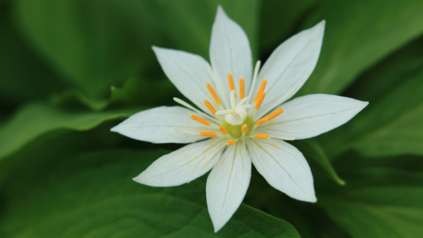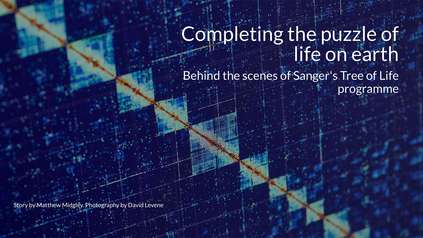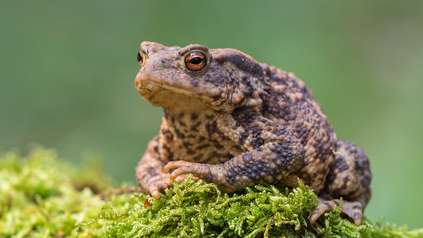Ancient DNA will offer clues for climate-resilient crops
Listen to this news story:
Listen to “Ancient DNA will offer clues for climate-resilient crops” on Spreaker.
In the face of climate change and its threats to biodiversity, researchers are turning to an unconventional source – ancient environmental DNA – to help develop more sustainable and climate-resilient crops for the future.
A new pioneering research project involving researchers at the University of Copenhagen, University of Cambridge, the Wellcome Sanger Institute, EMBL’s European Bioinformatics Institute (EMBL-EBI) and collaborators, will analyse DNA fragments preserved in soil, ice or water spanning thousands to millions of years.
By understanding how the ancestors of modern crops such as wheat, barley, and rice genetically adapted to past climate shifts and environmental pressures, researchers aim to uncover strategies for breeding crops capable of withstanding escalating climate impacts.
The newly-launched project brings together experts in environmental genomics, plant breeding, bioinformatics, and microbial ecology as part of the Ancient Environmental Genomics Initiative for Sustainability (AEGIS) research programme.
Funded by Wellcome and the Novo Nordisk Foundation, the AEGIS programme will ensure tools and data generated as part of the project are publicly available to help crop breeders, ecologists, and conservation biologists around the world improve food security.
Rising temperatures and extreme weather events are making it increasingly difficult for today’s genetically uniform crops – bred primarily for high productivity rather than resilience – to survive. With limited genetic diversity, they are more vulnerable to diseases, pests, and other environmental stresses. In contrast, ancient plants developed a wide range of genetic variations that helped them survive in diverse and changing conditions over millennia.
The AEGIS team will isolate and sequence DNA fragments left by ancient plants and animals from soil, ice cores, lake sediments and other environments. By comparing these ancient plant and animal genomes against modern references, they aim to pinpoint genes that evolved to help species tolerate climate stresses.
To aid such analyses, Sanger Institute researchers will generate high-quality reference genomes for 1,300 key species across agricultural and natural ecosystems – including weeds, crop wild relatives, pests, pathogens, and the many microbes, fungi and microscopic animals governing plant health in soils.
“We are excited to be part of the AEGIS project. For us it represents a very exciting use of the reference quality genome sequences we are producing – using the data to put tens of thousands of years of agricultural ecosystem evolution into context, and identifying where ancient variants can perhaps assist us in adapting to the threats of the future. The international aspect of the AEGIS team is exactly the way in which we must work in the future: the threats to human society are not unique to individual countries, and just as the bacteria, fungi, plants and animals we will sequence don’t respect the human-made borders between nations, we must build a scientific community that works internationally and openly.”
Professor Mark Blaxter, Head of the Tree of Life programme at the Wellcome Sanger Institute
“By employing ecosystem modelling, we can pinpoint which combinations of species lead to the most durable ecosystems in the past. This knowledge could serve as a blueprint for creating climate resilient food systems, enhancing both the crops we grow and the sustainability of the environments they grow in.”
Professor Eske Willerslev, project lead at the University of Copenhagen and University of Cambridge
“Agricultural systems and the foods we grow have changed over millennia. We currently know very little about past ecosystems and what changes in biodiversity might have occurred as the environment changed. AEGIS hopes to build the evidence base needed to strengthen the resilience of food systems across the world in the face of future environmental changes.”
John-Arne Røttingen, CEO, Wellcome
This web story was adapted from the Novo Nordisk Foundation.
More information
Funding:
This research is being supported by Wellcome and Novo Nordisk Foundation.





